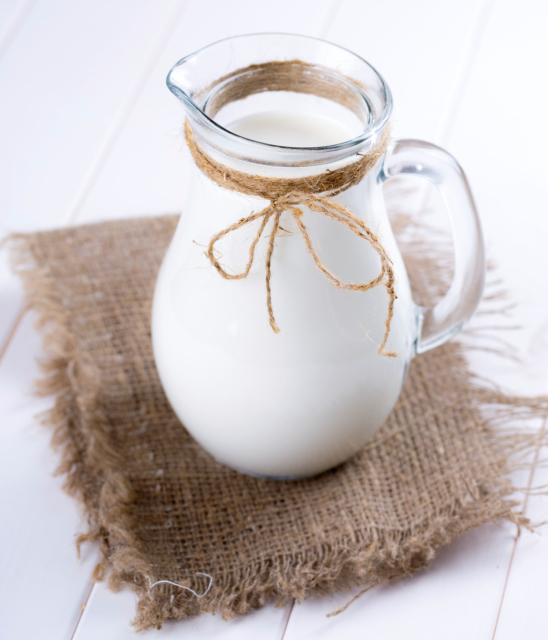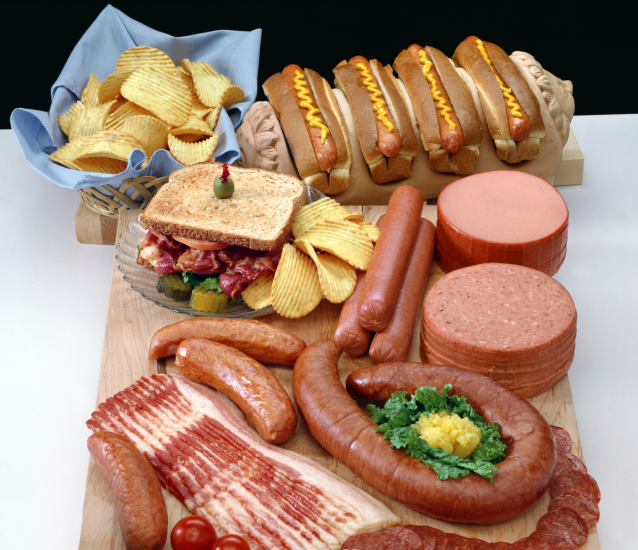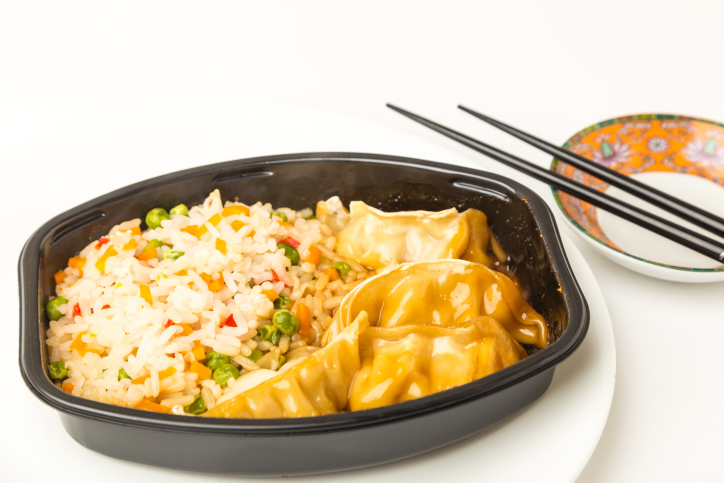Food poisoning is more common than you think--even in healthy food. Depending on what you eat on a daily basis, there could be some kind of food danger that you may not be aware of.
Listeria:

Unpasteurized Dairy
Dairy products made with raw milk, including yogurt and soft cheeses like Brie, feta, and Mexican queso, can harbor listeria. Because listeria can live at colder temperatures, simply refrigerating these foods won't kill the bacteria. People at highest risk of getting sick include the elderly, pregnant women, and people with weakened immune systems.
What To Do: Check the label. Make sure it's clearly marked "pasteurized."
Deli Meats and Hot Dogs

Sometimes listeria finds its way into a food processing factory, where it can live for years. Heat kills listeria, but contamination may happen after cooking, but before packaging -- for example, if a food is placed back on a counter that had raw meat on it.
What To Do: Never keep pre-cooked or ready-to-eat foods past their use-by date. Heat hot dogs and lunch meats until steaming (165 F) before eating.Salmonella:

Poultry and Eggs
Salmonella bacteria can taint any food, although there's a greater risk from animal products because of contact with animal feces. In chickens, it can infect eggs before the shell forms, so even clean, fresh eggs may harbor salmonella. Symptoms include stomach cramps, fever, and diarrhea 12 to 72 hours after exposure. Illness usually lasts 4 to 7 days.
What To Do: Never eat raw or lightly cooked eggs. Cook poultry to 165 F. Keep raw poultry separate from cooked poultry and other foods. Wash hands, cutting boards, utensils, and countertops after handling.
Processed Foods

Chips, crackers, soup, peanut butter, even frozen meals may pose a slight risk for salmonella infection. One salmonella outbreak was linked to peanut butter and packaged foods made with peanuts, including granola bars and cookies. In cases like these, salmonella bacteria at a processing plant can contaminate many products, which must then be recalled.
What To Do: Never use a product that has been recalled -- immediately return it to the store or throw it away. Heating foods thoroughly to 165 F can kill salmonella bacteria.
E. coli:

Raw Juice and Milk
Pasteurization uses heat to kill bacteria. Since most juices you’ll find at the grocery store have been pasteurized, they pose no risk. However, unpasteurized juices and ciders sold at farms, stands, or in health food stores, can harbor E. coli. The bacteria can also get into raw milk as a result of unclean milking equipment, or manure-soiled or infected udders.
What To Do: Buy only products that have been pasteurized. If you're not sure, boil before drinking.
E. coli:

Ground Beef
E. coli lives in the intestines of cattle and can contaminate beef during the slaughtering process. Ground beef is especially risky, because the bacteria can spread when meat is ground up. Symptoms of E. coli infection include severe abdominal cramps, watery diarrhea, and vomiting. The illness typically develops several days after exposure and can be severe in vulnerable people. It lasts about a week.
Safety: Cook meat thoroughly (160 F, no pink in the center). Do not put a cooked burger back on a plate that held raw meat. Wash utensils, including the meat thermometer, with warm, soapy water.Botulism:

Canned Foods
Botulism is a rare, possibly fatal illness linked to improperly canned or preserved foods. Home-canned foods are especially at risk, as well as honey, cured meats, and fermented, smoked, or salted fish. Babies have the highest risk of getting sick. Symptoms include cramps, vomiting, breathing problems, difficulty swallowing, double vision, and weakness or paralysis. If you suspect botulism poisoning, call 911.
Safety: Never give honey to children under 12 months. Throw away bulging cans, leaking jars, or foul-smelling preserved foods -- or if liquid spurts out upon opening. Sterilize home-canned foods by cooking at 250 F for 30 minutes.









